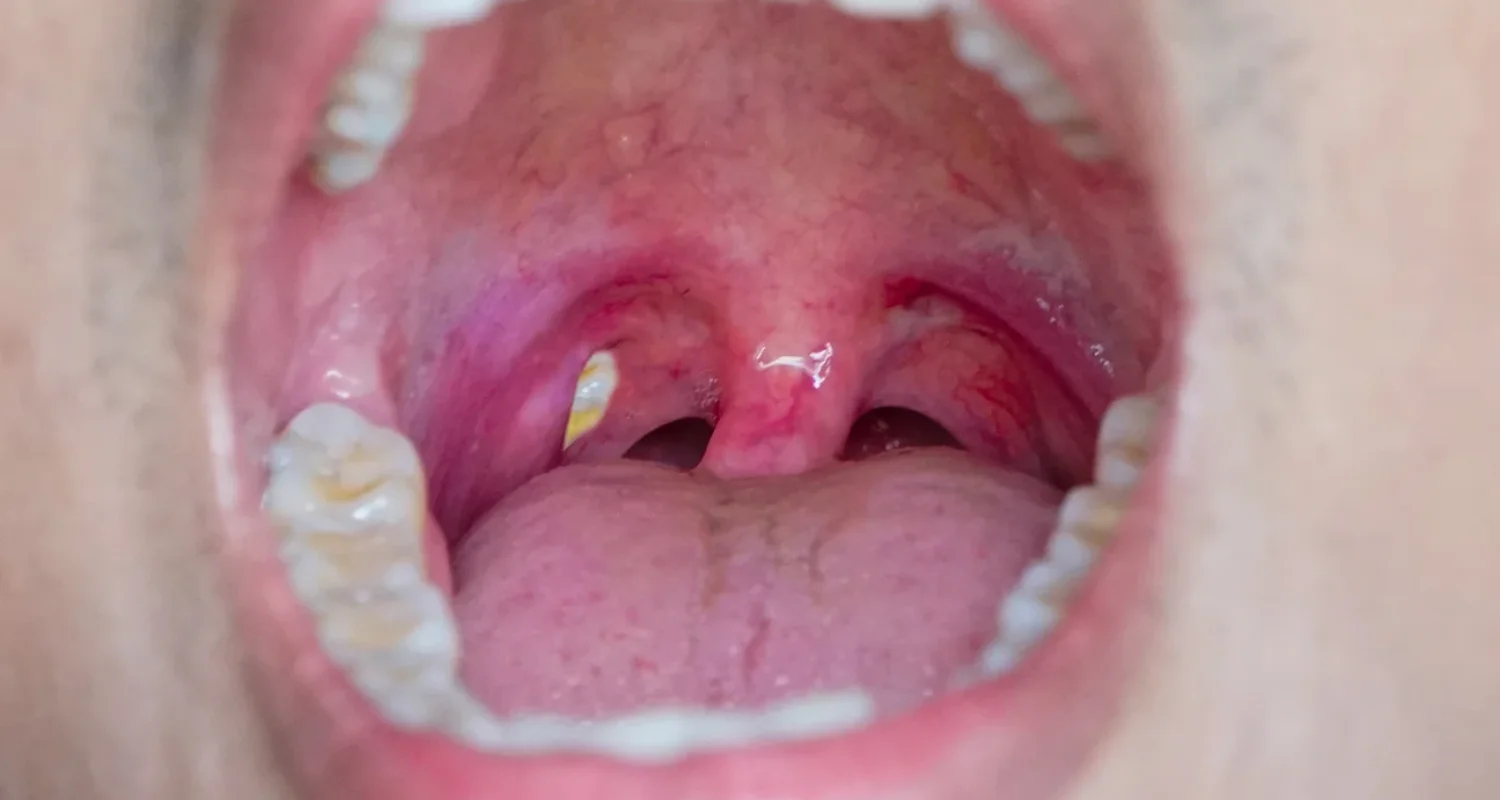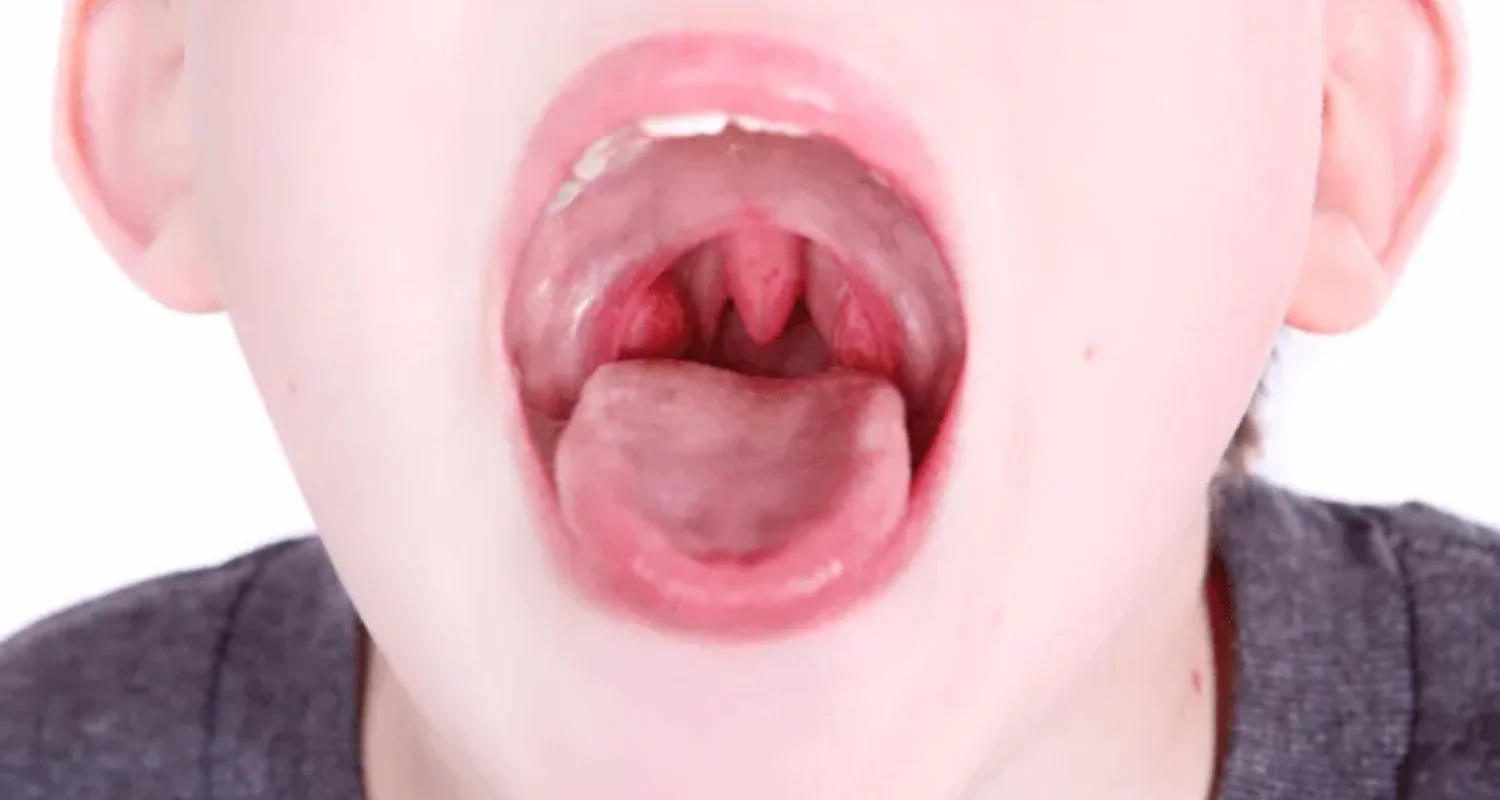Last Updated on: 15th December 2025, 11:07 am
Do you want to know the best tonsil stones treatment at home?
Tonsil stones can be a persistent problem, often causing discomfort, bad breath, and irritation. For those suffering from this problem, several home methods can provide relief and help effectively manage symptoms. While home treatments can be beneficial, understanding the root causes of tonsil stones also helps prevention and symptom control.
In this article, we will explore practical ways to reduce the likelihood of tonsil stone formation and identify when it may be necessary to see a dentist or otorhinolaryngologist for further care. With the right balance of prevention, self-care, and professional knowledge, you can make a significant difference in both immediate relief and long-term tonsil health.
What are Tonsil Stones and How Do They Form? Tonsil Stones Treatment Explained

Tonsil stones are small remnants of food particles, bacteria or dead cells that get trapped in tonsil crypts, which are small indentations found in the tonsils. Over time, this debris calcifies and becomes more solid; it can be white or yellow.
The most common causes of these stones are poor oral hygiene, the structure of the tonsils (making them more prone to retaining debris), frequent infections, and dry mouth. Tonsil stones are not harmful to your health; their biggest problem is the discomfort they cause, one of which is bad breath.
Tonsil stones treatment: How to prevent the problem?
Proper oral hygiene
Brush your teeth after every meal, and do not forget the most important ones –in the morning and at night. When you finish, gently brush your tongue and finally floss all your teeth. It is recommended to use an alcohol-free mouthwash, as well as gargling with salt water after eating. This oral hygiene routine helps reduce the bacteria found in the oral cavity that lead to the formation of tonsil stones.
Staying hydrated
Preventing dry mouth is essential, since a dry mouth can increase the risk of the formation of tonsil stones and lesions in the oral cavity.
Adjustments in diet
It is recommended to reduce your intake of sugar since it increases the bacterial load in the oral cavity as well as dairy products since they increase the thickness of the mucus. In both cases, you become more prone to creating tonsil stones.
Home Remedies: Tonsil Stones Treatment

Gargling with apple cider vinegar
Mix a small amount of edible apple cider vinegar in water and gargle several times a day. The acidity of the vinegar helps break down tonsil stones and makes them easier to pass, as well as reduces the buildup of bacteria in the mouth.
Using an oral irrigator
Directing the stream of water from an oral irrigator toward the affected tonsil is an effective way to remove stones and debris trapped in the tonsil crypts. In addition to dislodging the stones, this technique keeps the area clean and reduces the chance of new stones forming.
Coughing or swallowing forcefully
Coughing or swallowing firmly can dislodge small stones. This method can be effective for stones that are not yet deeply embedded and only require a gentle push to break free from the tonsil.
Using a cotton swab or finger to remove visible stones
For visible and accessible stones, a cotton swab or a (disinfected) finger can be used to gently remove the stones by pressing on the affected tonsil. This technique should be done carefully to avoid irritation or nausea, and it is advisable to rinse thoroughly afterward to reduce any risk of infection.
Tonsil Stone Treatment: What Not to Do?
Using sharp or pointed objects to remove tonsil stones is not recommended, as they can injure the sensitive tissues of the tonsils and increase the risk of infection, bleeding, or even worsen inflammation. Instead, safe and gentle methods are recommended to treat tonsil stones at home, such as gargling with salt water or using specific noninvasive tools if necessary.
For persistent or larger stones, assistance from a dental professional is often the safest method to avoid potential complications.

Professional Treatment for Tonsil Stones
If tonsil stones persist or do not clear with home remedies, it is essential to see a dentist or otorhinolaryngologist. These professionals will assess the severity of the stones and perform a complete diagnosis to determine the most appropriate treatment. Procedures may include manual removal, the use of irrigation, or in more complex cases, laser or surgical procedures. Professional care ensures safe removal of the stones and prevents infection or further oral health complications.
To manage tonsil stones effectively, starting with home treatments and understanding prevention measures can provide relief. Simple strategies, like maintaining good oral hygiene, staying hydrated, and making dietary adjustments, can reduce the occurrence of tonsil stones and improve overall tonsil health.
However, if these stones persist or become uncomfortable, consulting a dentist or otorhinolaryngologist is crucial. Professional assistance ensures safe, thorough removal, and helps prevent further complications, promoting both comfort and long-term oral health.
Frequently Asked Questions
How do you remove tonsil stones at home?
Gently gargle with salt water, apple cider vinegar, or using an oral irrigator to help dislodge tonsil stones. Avoid using sharp objects, as they may injure the tonsils and increase infection risk.
What is the best way to get rid of tonsil stones?
Safe options include gargling with warm salt water, using a cotton swab or an oral irrigator to clean the tonsil area carefully.
Does vinegar remove tonsil stones?
Apple cider vinegar, when diluted with water, can be used to gargle; it may help break down tonsil stones and reduce bacteria.
Can mouthwash remove tonsil stones?
Alcohol-free mouthwash may prevent bacteria buildup that leads to tonsil stones but isn’t usually effective for removing existing stones.
Does anything dissolve tonsil stones?
Acidic solutions like apple cider vinegar can aid in breaking down smaller stones but larger or persistent stones may need professional removal.
Share:
References
1. All about tonsil stones. (s. f.). Mayo Clinic Health System. Recuperado 20 de mayo de 2024, de https://www.mayoclinichealthsystem.org/hometown-health/speaking-of-health/all-about-tonsil-stones
2. Lee, K. (2024, 25 octubre). Tonsil stones treatment: home remedies, surgery. EverydayHealth.com. https://www.everydayhealth.com/tonsil-stones/treatment/
3. Parker, H. (2021, 19 noviembre). Tonsil stones (Tonsilloliths). WebMD. https://www.webmd.com/oral-health/tonsil-stones-tonsilloliths-treatment-and-prevention
4. Tonsil Stones. (2024, 1 mayo). Cleveland Clinic. https://my.clevelandclinic.org/health/diseases/21505-tonsil-stones
5. Wells, D. (2023, 4 mayo). Everything You Need to Know to Remove and Prevent Tonsil Stones at Home. Healthline. https://www.healthline.com/health/tonsil-stones-home-remedy#natural-remedies
6. What you should know about tonsil stones. (2024, 21 mayo). https://www.medicalnewstoday.com/articles/315026#summary














